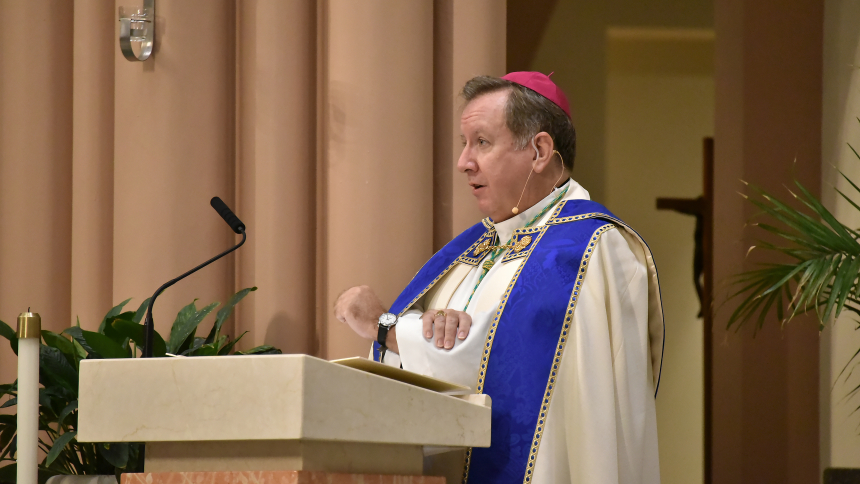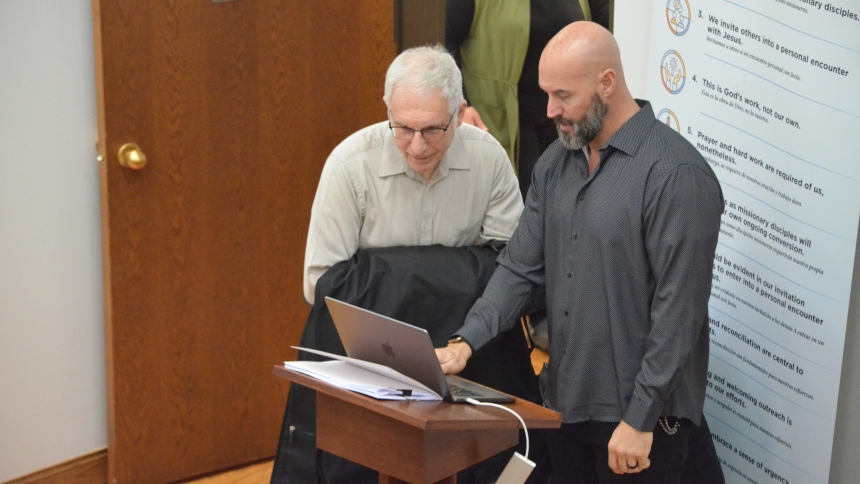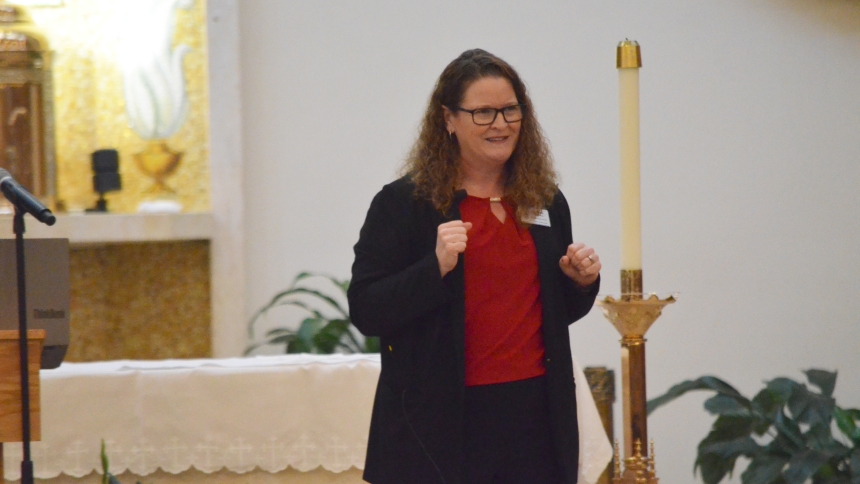
Pentecost marked the end of the Easter Season a few weeks ago, and we then had a succession of beautiful solemnities on the next Sundays: The Most Holy Trinity and The Body and Blood of Christ. For me, these special Sundays feel like a mini-extension of the Easter Season. Without another special solemnity, this Sunday is the first “ordinary” Sunday since February.
As we transition to the “ordinariness” of the season, it’s good to remember that none of our Sundays are truly “ordinary.” Every Sunday is extraordinary as a solemnity, a Holy Day of Obligation, and – significantly as summer is near – intended to be a day of rest.
With vacation season approaching, it’s good to remind ourselves that, as the expression goes “there is no vacation from a vocation.” This means that – regardless of our vacation schedules – we are always bound by our Christian vocation to fulfill the precept to participate in the Sunday Eucharist, which means actual presence at Mass. A virtual or streaming Mass does not fulfill the obligation. Of course, there may be health or other legitimate reasons that impede one’s ability to be physically present at Mass. The faithful should speak with their pastor if they have questions about their own unique situation.
Here's how the Catechism describes the Sunday obligation to participate in Mass:
2181 The Sunday Eucharist is the foundation and confirmation of all Christian practice. For this reason the faithful are obliged to participate in the Eucharist on days of obligation, unless excused for a serious reason (for example, illness, the care of infants) or dispensed by their own pastor. Those who deliberately fail in this obligation commit a grave sin.
2182 Participation in the communal celebration of the Sunday Eucharist is a testimony of belonging and of being faithful to Christ and to his Church. The faithful give witness by this to their communion in faith and charity. Together they testify to God's holiness and their hope of salvation. They strengthen one another under the guidance of the Holy Spirit. (Emphasis added.)
The obligation to participate in Sunday Mass is a precept of the Church. Sunday is also the Day of Rest and when we embrace that aspect of Sunday, we can experience many blessings.In contrast with Mass obligation, the day of rest may have a wider set of reasons that may prevent one from fully entering into this rest. We do not need to become scrupulous about the day of rest, but we should seek to enter into Sundays as the catechism describes – “a day of grace and rest from work”:
2184 Just as God "rested on the seventh day from all his work which he had done," human life has a rhythm of work and rest. The institution of the Lord's Day helps everyone enjoy adequate rest and leisure to cultivate their familial, cultural, social, and religious lives.
2185 On Sundays and other holy days of obligation, the faithful are to refrain from engaging in work or activities that hinder the worship owed to God, the joy proper to the Lord's Day, the performance of the works of mercy, and the appropriate relaxation of mind and body. Family needs or important social service can legitimately excuse from the obligation of Sunday rest. The faithful should see to it that legitimate excuses do not lead to habits prejudicial to religion, family life, and health. (Emphasis added.)
Our Creator knows us better than we know ourselves. When we align our lives with the rhythm of life He intended for us, we will more readily fulfill his plan in our lives. The Sunday “obligation” is really the Sunday gift from our loving Father. Embracing this time of worship orders our lives properly and builds up the Body of Christ. When the day is focused on worship of God and as a day of rest, our spirits are renewed and we are led to be happy, healthy, and holy.
Your servant,
Most Reverend Robert J. McClory
Bishop
Diocese of Gary


